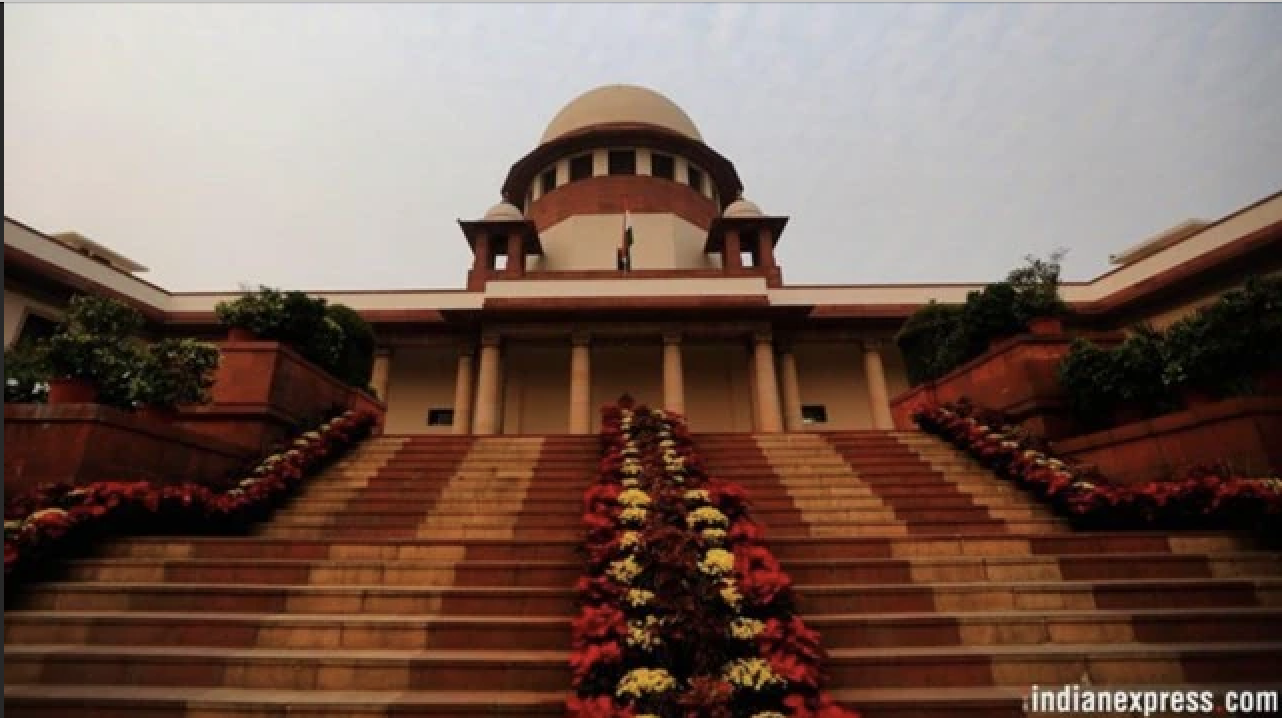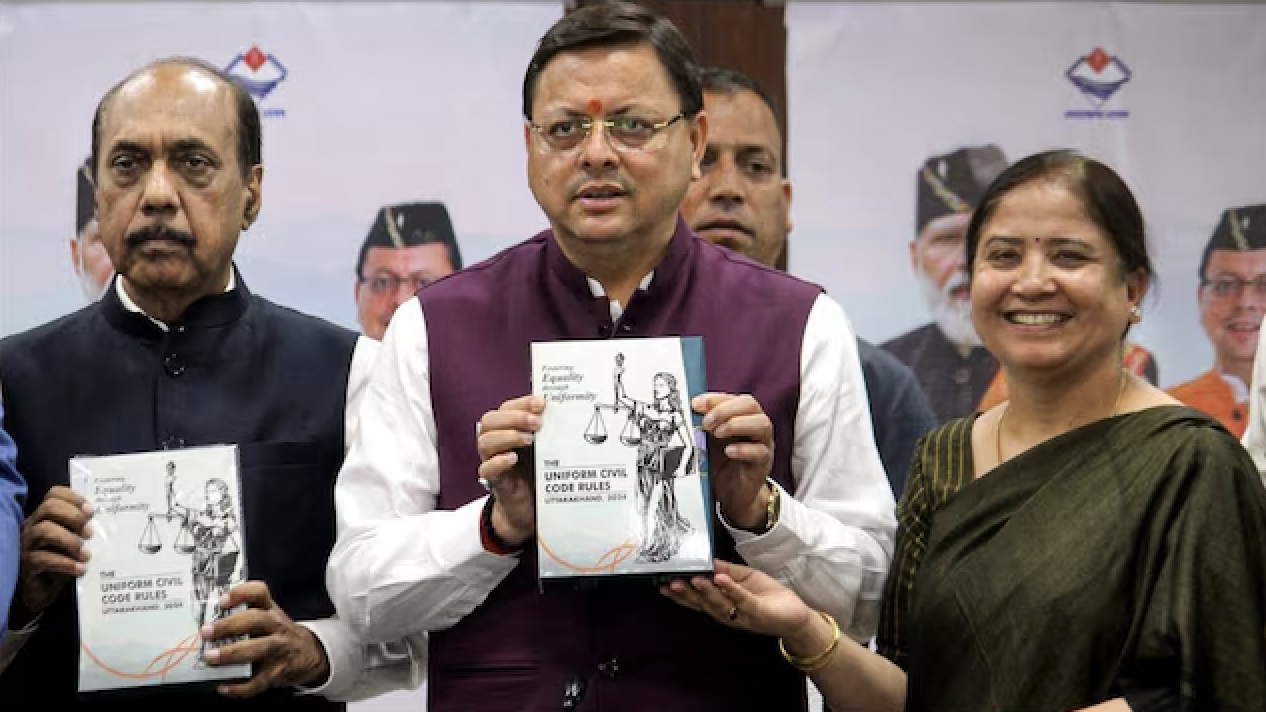
By Arunabh Saikia & Aishwarya Iyer / Scroll
While ordering the release of the 11 convicts in the Bilkis Bano case, the Gujarat government went against the opinion of the Mumbai trial court that had sentenced them to life imprisonment for rape and murder, Scroll.in has learnt.
The trial court had given a “negative opinion” on the remission plea, according to a member of the jail advisory committee that took a decision on it.
When asked why the state government had disregarded the trial court’s opinion, the state’s additional chief secretary (home) Raj Kumar said it chose to go with the jail advisory committee’s recommendations instead. The committee had decided that the men should be released.
“The jail advisory board looks into their [convicts] activities in jail, behaviour with fellow inmates, the psychological condition, health, all those things,” he said. “The trial judge will of course give opinion on what he must have seen during court proceedings.”
All ten members of the jail advisory committee were government appointees. Five of them are office bearers in the Bharatiya Janata Party. Two of them are currently MLAs.
The importance of the trial court’s opinion
The Bilkis Bano case was the first Gujarat riots case to be transferred out of the state by the Supreme Court. A special court in Mumbai conducted the trial and convicted the men of rape and murder in 2008. Fourteen years later, in April this year, the men had applied for a remission of their sentence.
Section 432 (2) of the Code of Criminal Procedure states that the government “may require the presiding Judge of the Court before or by which the conviction was had or confirmed, to state his opinion as to whether the application should be granted or refused”.
The word “may” should not be interpreted as “not mandatory”, said former chief justice of the Allahabad high court, Govind Mathur.
“The intention of the legislature is to indicate that this opinion is a highly relevant one,” said Mathur. “If anyone wants to ignore it then the reasons must be recorded.”
A 2016 judgement by a constitutional bench of the Supreme Court also states that the “ultimate order of suspension or remission should be guided by the opinion to be rendered by the Presiding Officer of the concerned Court”.
The judgement notes that this will “enable the Appropriate Government to take the right decision as to whether or not suspension or remission of sentence should be granted”.
This story was originally published in scroll.in . Read the full story here





